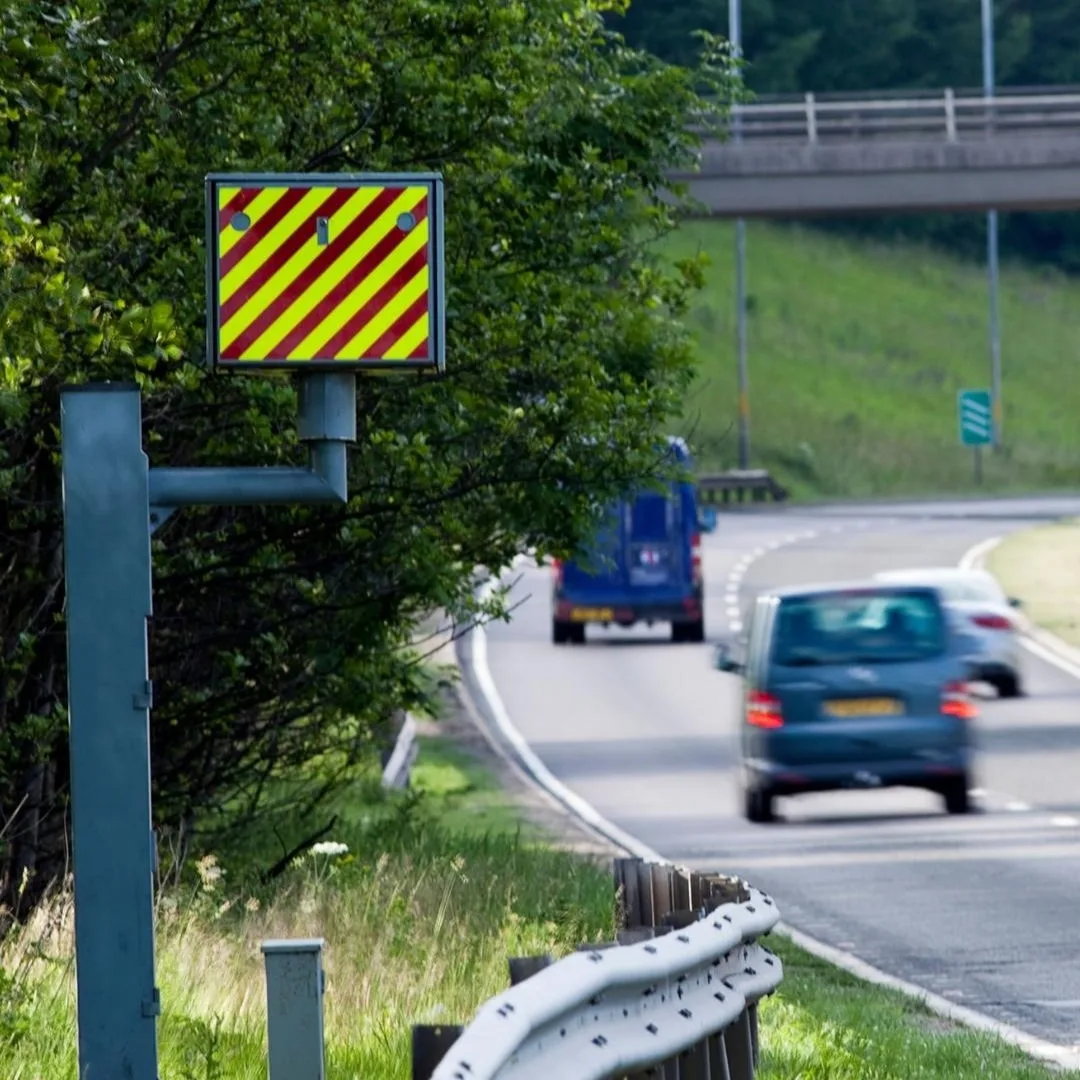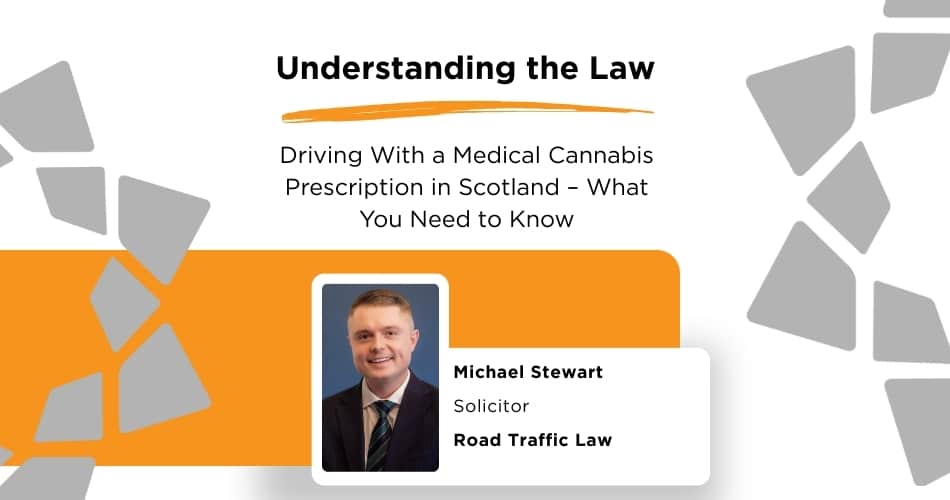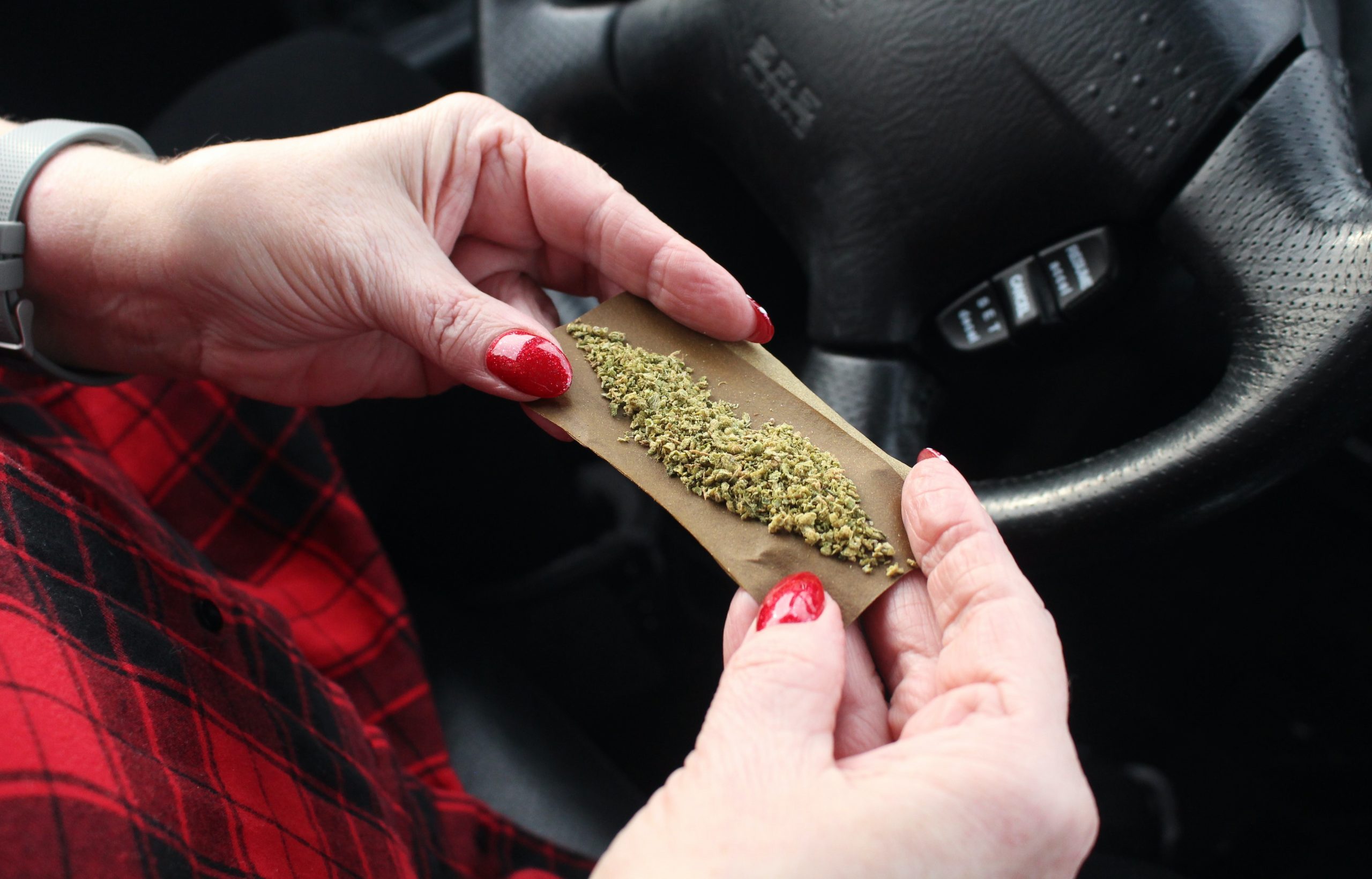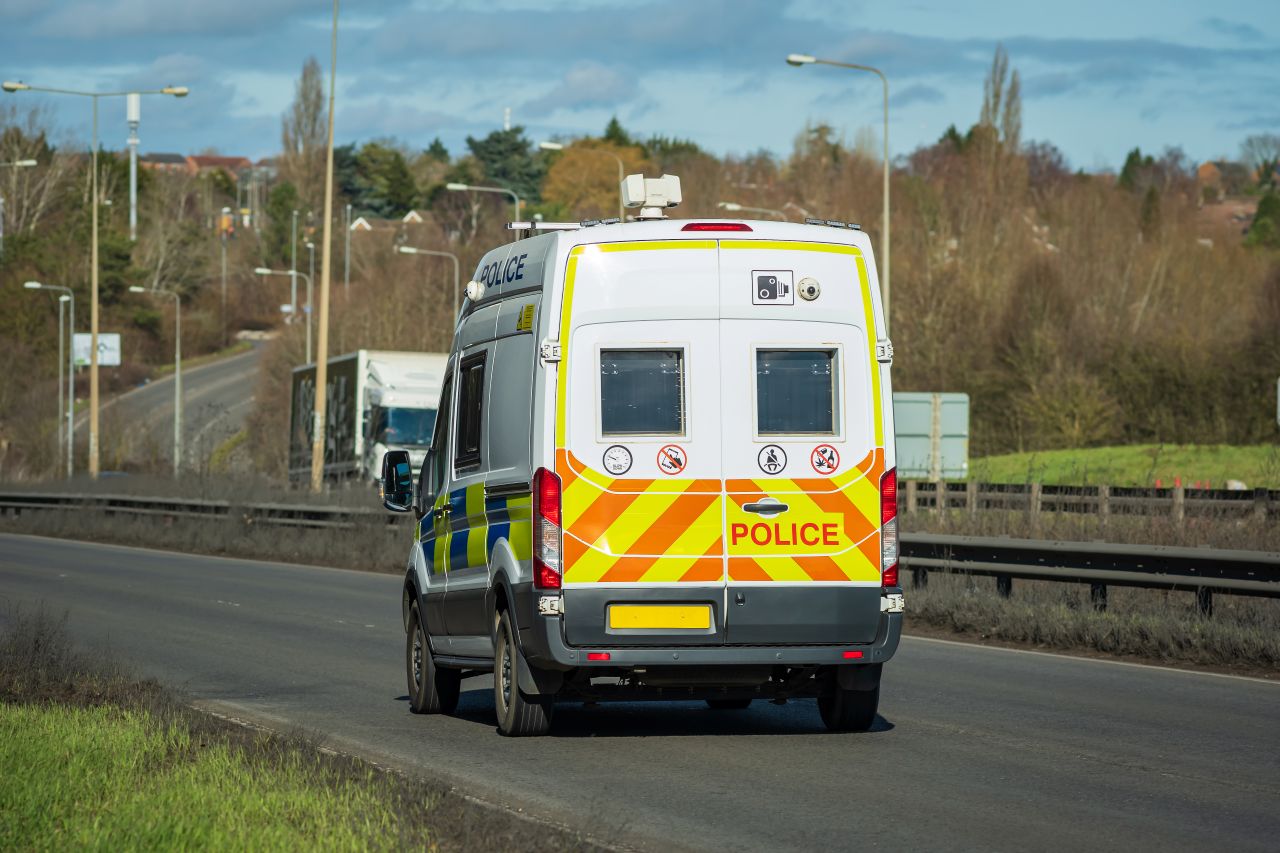
What happens if you are caught speeding twice?
With over 5,000 speed cameras in the UK, even the most cautious drivers can find themselves in a situation where...
Scullion News & Resources

By Michael Stewart – Solicitor Criminal & Road Traffic Law
With the legalisation of certain cannabis-based medicines in the UK, more patients are now being prescribed medical cannabis for conditions like chronic pain, epilepsy, and multiple sclerosis. As a result, a legal question has emerged: can you drive in Scotland if you have been prescribed medical cannabis?
The short answer is yes, but only under very strict legal conditions. This blog explains the law in Scotland, the limits on THC (the active ingredient in cannabis), and the defence available to drivers.
Driving under the influence of drugs in Scotland is governed by the Road Traffic Act 1988, which sets out two key offences.
Section 4(1) makes it an offence to drive while unfit due to drugs. This requires evidence of impairment.
Section 5A makes it an offence to drive with a specified controlled drug in your body above the prescribed limit, even if you are not impaired. This is what’s known as a zero-tolerance offence, and it applies to THC, the active component in cannabis.
The limit for delta-9-tetrahydrocannabinol (THC), the psychoactive compound in cannabis, is 2 micrograms per litre of blood (2µg/L). This is set out in The Drug Driving (Specified Limits) (Scotland) Regulations 2019.
This limit is extremely low. Even standard doses of prescribed cannabis medicines such as Sativex, Bedrocan, or other THC-based products can exceed this threshold.
Yes- but only if you follow very specific conditions. If you have been lawfully prescribed a cannabis-based medicine and you take it exactly as instructed by your prescriber, you may be able to rely on what is known as the medical defence.
The statutory medical defence is found in section 5A(3) and (4) of the Road Traffic Act 1988. This allows a person charged under section 5A to defend themselves if they can show that the drug was prescribed or supplied for medical or dental purposes, and that it was taken in accordance with the directions of the prescriber.
This defence recognises the legitimate use of controlled drugs in medical treatment. However, the burden is on the accused to prove that they fall within the defence. You must provide your prescription and show that you followed the medical advice you were given.
Even if you are below the legal THC limit, or have a valid prescription, you may still be prosecuted under section 4(1) of the Road Traffic Act if the police believe you were impaired while driving.
Unlike section 5A, which is based on drug levels in the body, section 4 focuses entirely on your fitness to drive. It is an offence to be unfit to drive through drugs, regardless of how much is in your system.
In practice, this means that police can charge you under section 4 if they suspect you are driving while impaired, even if your THC level is below 2µg/L.
This is particularly relevant for patients prescribed high-THC products. Side effects such as drowsiness, poor coordination, or delayed reaction times can all be used as evidence of impairment. The police may ask you to perform field impairment tests, and if you fail, you can be arrested and required to give a blood sample.
In court, the Crown may rely on the observations of police officers, expert toxicology reports, and even video or dashcam footage to prove that you were not fit to drive.
If you use medical cannabis and intend to drive, there are several practical steps you should take.
You should always carry proof of your prescription. This could be a physical copy of your prescription or a letter from your doctor confirming your lawful use of the medication.
You must follow the prescribed dosage exactly as directed. Do not take more than what has been prescribed, and do not mix your medication with alcohol or other drugs that might increase impairment.
You should avoid driving at any time when you feel unwell, tired, or otherwise impaired, even if your prescription allows it.
You should also consult your prescribing doctor or clinic about the effect your medication may have on your ability to drive safely.
Finally, be prepared to explain your medical use of cannabis to police if stopped. Being cooperative and transparent can help prevent misunderstandings.
If you are stopped by police and they suspect drug use, they may ask you to perform a roadside impairment test or provide a saliva sample. If cannabis is detected, you can be arrested and taken to the police station for a blood sample to be taken.
If you are found to have more than 2µg/L of THC in your system, you may be charged with a section 5A offence. If you are suspected of being impaired, regardless of the THC level, you may be charged under section 4.
If you are charged, you should speak to a solicitor immediately. You will need to provide your prescription and details of your dosing schedule. Your solicitor may instruct an expert toxicologist to provide an opinion on whether you were impaired or whether your THC levels were consistent with your prescription.
In many cases, it will be necessary to gather supporting evidence to show that you were taking your medication responsibly and in accordance with medical advice.
Driving in Scotland with a medical cannabis prescription is not automatically illegal-but the law is strict, and the risks are high. You can still be charged even with a valid prescription if your THC level is over the limit or if police believe you were impaired.
To stay on the right side of the law, you must follow your prescription carefully, never drive while feeling impaired, and be prepared to prove your lawful use of medical cannabis if required.
If you have been charged with drug driving while using medical cannabis, or if you have questions about the medical defence, we are here to help.
Contact us today for confidential legal advice.

With over 5,000 speed cameras in the UK, even the most cautious drivers can find themselves in a situation where...

Understand the facts about drug driving laws, the impact of cannabis on driving, legal limits, detection times, and potential consequences,...

For many Scots, the car is more than just a mode of transport. It’s a livelihood and a lifeline. But...